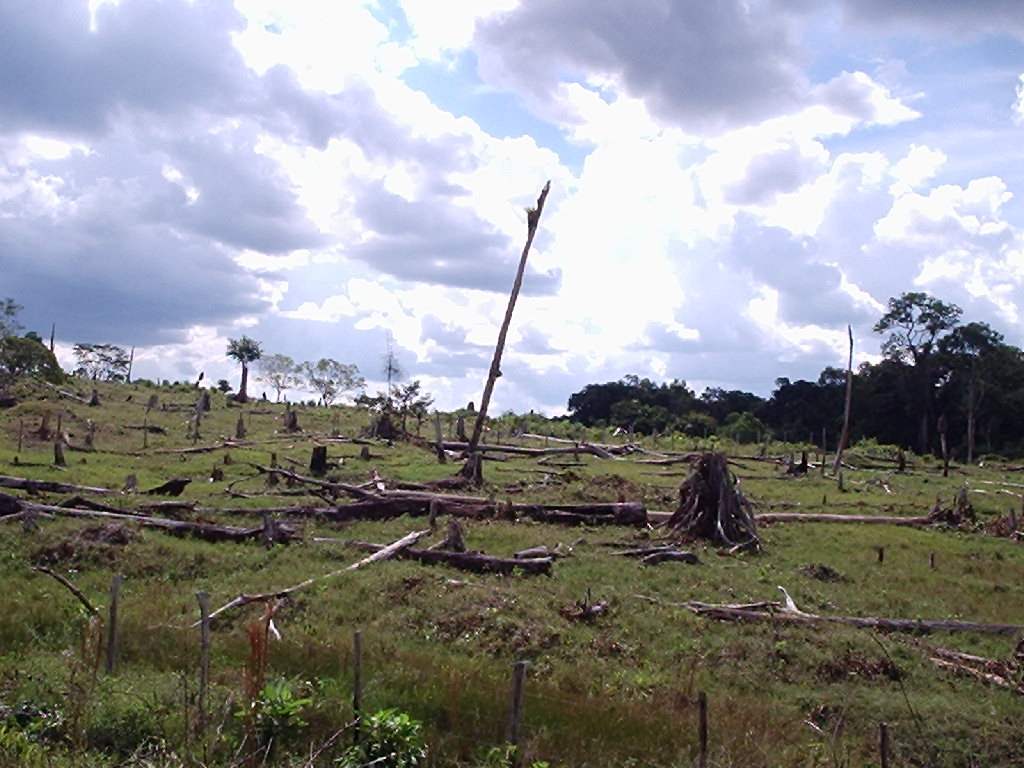As part of Cargill’s “Protect our Planet Strategic Action Plan”, when cocoa arrives at a Ghanain warehouse, the yield is weighed and then assigned a barcode correlating to the farmer that grew the cocoa.
Coupled with GPS technology, Cargill can then assess the forest risk of that specific farmer by assessing factors like protected forest proximity, farm size, yield, etc.
This system is in response to the cocoa and Forests Initiative which aims to limit deforestation among cocoa-producing countries and using this system, Cargill aims to eliminate deforestation from its cocoa supply by 2030.
So far, they have mapped 70% of farms in Côte d’Ivoire and 76% of farms in Ghana that they source from using their GPS polygon mapping system.
The company was the subject of an Al Jazeera documentary last year which investigated child labour and deforestation which was taking place through the formal supply chain that Cargill used.
The executives were unaware, but it clearly demonstrated that infrequent spot-audits are not effective, and a tighter coupling of GPS with the barcodes and satellite mapping should present a more effective solution.
The company produced a single-page infographic to explain their “Protect our Planet Strategic Action Plan”. We’ve attached it below:
The PDF doesn’t contain anything useful, unfortunately but is filled with vacuous statements and no supporting detail. However, the company does go on to say what they have achieved, and here they are specific.
Cargills Results Statement
- We have achieved 100 percent traceability of our direct supply chain in Ghana.
- We have mapped a total of 151,558 farmers in the five origin countries from which we directly source our cocoa.
- We have trained all the farmers in our direct supply chain on more sustainable farming practices, including benefits of tree shade cover for increased crop resilience.
- In Ghana and Côte d’Ivoire, we have worked with 12 cooperatives to engage 7,500 farmers in nurturing and planting over 350,000 shade trees.
Transparency is the first step towards a sustainable and equitable cocoa supply chain. This barcode system allows complete transparency in the first purchase from the farmer to the warehouse. Not only is this economic powerhouse pushing for transparency, but they have also partnered with forest restoration programs to teach and help farmers protect the nearby forest ecosystems.
Our holistic agroforestry programs with PUR Projet and IMPACTUM have supported on-farm restoration and forest protection in the buffer zones of important conservation areas by raising awareness, promoting agricultural best practices and engaging communities.
Since the launch of our CFI action plan in 2018, we have supported more than 15,500 farmers in adopting cocoa agroforestry practices and distributed more than 840,000 multi-purpose trees for on-farm planting.

